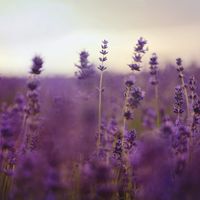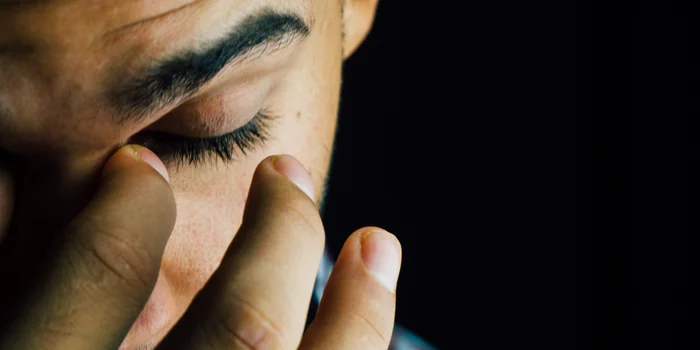
Guide
Medicinal, moth-repellent plant: the benefits of lavender
by Anna Sandner


German consumer organisation «Stiftung Warentest» has taken a closer look at the effects of herbal sedatives. With an astonishing result. Only one of the many over-the-counter remedies has been proven to work.
Anyone whose generally been stressed, had trouble sleeping or been in a difficult situation has probably already faced a sheer endless choice of herbal remedies to calm them down. Capsules, teas or tinctures: hops, lavender, St. John’s wort, valerian, lemon balm, passion flower and combinations thereof: all of this is available without a prescription from pharmacies, chemists, supermarkets or online stores. But do these gentle remedies really work?
This is what the non-profit consumer organisation «Stiftung Warentest» (link in German) wanted to find out and tested 25 over-the-counter herbal remedies. You can find the list of the tested preparations here (paid content). Products that are most frequently sold over the counter were selected.
The results weren’t very reassuring. Most of the products (21 of the 25) scored rather poorly with the result «unsatisfactory». and four products were at least rated «satisfactory to an extent».
The only herbal ingredient that satisfied the testers was valerian. And only pure dry valerian root extracts without any other active ingredient in tablet form.
«Stiftung Warentest» didn’t actually test the sedatives, but evaluated scientific studies on the various ingredients, combinations of active ingredients and dosage forms. This involves assessing whether the benefit of the tested drugs has been proven in specialist literature in comparison with placebos or standard drugs. The results include data on efficacy and tolerability with long-term use and information on possible side effects and other risks, such as allergic reactions.
The effectiveness of herbal remedies may depend on which part of the plant is processed. The roots contain different ingredients to the flowers or the whole plant.
Depending on the way in which the active ingredients are dissolved (extracted) from the plant parts, the active ingredients contained also vary. Teas mainly contain water-soluble substances. If extracted with acetone, the fat-soluble contents enter the preparations. Extraction with alcohol dissolves both. Finally, a combination of solvents can be used.
«Stiftung Warentest» examined the following plants and combinations:
Valerian in its pure form was the only remedy tested that was reasonably successful. Read more about the well-known sedative here.
St. John’s wort didn’t perform well as a remedy for anxiety and restlessness. This doesn’t mean that it’s harmful, but there’s no scientific evidence of any benefits. However, it can certainly provide relief for mild depression and mental fatigue if the dosage is high enough.
There are studies on the use of lavender oil in capsule form which indicate that it’s effective in treating restlessness. However, the results not sufficient to be definitive proof. If you want to use lavender oil, you should discuss this with your doctor.
For lemon balm, passion flower, hops and combinations thereof, there are no reliable studies that could confirm their effect as a sedative.
The result is sobering if you like to rely on herbal remedies. Nevertheless, there’s one winner, and that’s valerian. For a long time valerian has been used as a household remedy to relax. And for good reason. For the other plants and their combinations of active ingredients, their effects weren’t refuted, but couldn’t be adequately proven either.
Header image: Pixabay/Shutterstock

Science editor and biologist. I love animals and am fascinated by plants, their abilities and everything you can do with them. That's why my favourite place is always outside - somewhere in nature, preferably in my wild garden.
Practical solutions for everyday problems with technology, household hacks and much more.
Show all